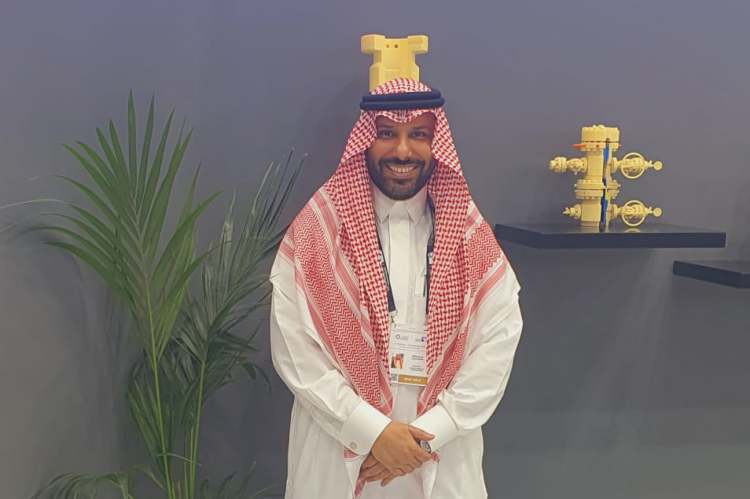Current Developments in Saudi Oil and Gas Pipeline Industry— Eng. Abdullah S. Al-Zahrani

As the energy crisis in Europe continues to hit the European Union member states hard, the oil and gas industry in Saudi Arabia is very promising. According to Engineer Abdullah S. Al-Zahrani, an expert consultant in the oil and gas industry specializing in drilling and exploration, the Master Gas System expansion phase III project would be a significant boost to the Saudi oil and gas markets. The planned new pipelines and distribution networks to be operated by Saudi ARAMCO will add to the existing Saudi gas pipeline capacity.
“Saudi Arabia is working on a big project with Saudi Aramco. According to information from engineering firms, Aramco is releasing a big tender for 1.6M metric tonnes of 56-inch non-sour surface pipelines needed for the Master Gas III project. The new pipelines will help Aramco to transport gas from East to West Saudi Arabia. Aramco will require more pipes for the carbon capture and storage (CCS) system that will transport all the carbon emissions captured down the earth through around 400 to 500 thousand metric tonnes pipeline. In total, Aramco intends to buy about 2.1 to 2.2 million metric tonnes in the coming two years,” said Al-Zahrani.
Eng. Al-Zahrani also explained that the new tender by Saudi Aramco is a smart way of cutting down the cost of raw material, which skyrocketed from 1600 to 1800 dollars per metric ton. Highlighting Saudi Arabia’s current potential, Al-Zahrani mentioned various companies significantly contributing to the Saudi gas and oil industry.
“We have PCK producing around 600,000 to 620,000 metric tonnes of longitudinal pipes per year, Group Five Pipe Saudi producing 320,000metric tonnes of spiral pipes per year, Arabian Pipe Company(APC) producing about 300,000 metric tonnes, and Global Pipe Company (GPC), the partner of EEW Germany, producing around 280, 000 metric tonnes. In addition to all of these, we have the East Pipe producing 360,000 metric tonnes, and the National Pipe Company (NPC), which produces 320,000 metric tonnes of spiral pipes,” he added.
Commenting on the challenges for the Saudi market in the upcoming years, Al-Zahrani mentioned the high market prices as the major challenge following a hike in the cost of raw materials.
“The raw material jumped from $700 per metric ton, and now we’re talking about $1600 per metric ton. This is a big challenge to Saudi Aramco, and now they want to minimize the price of raw materials, which will impact the whole project.”
Al-Zahrani also projected fuel prices to continue rising in European markets as a result of high energy demands coupled with an acute shortage caused by supply disruptions due to Russia’s war in Ukraine. While expressing confidence that Saudi Arabia will create new projects to help solve the energy crisis in Europe, Al-Zahrani challenged European partners to wake up and look for more suppliers to avoid such a crisis in the future.
While there have been recent developments in Africa, with Mozambique poised to join the list of the world’s top LNG exporters, Al-Zahrani said the continent may not be viewed as Saudi’s competitor soon as the projects may take five to ten years to materialize. Al-Zahrani also mentioned the size of Africa’s hydrocarbon reserves as a key determinant of how much the continent would contribute to the European markets.
“Well, this depends on their reservoir, and I don’t have an Idea of how much reservoir reserves they have for gas and oil. And even if they have a new development, this will not see the light before about five to ten years.”
About Eng Abdullah S. Al-Zahrani
Engineer Abdullah S. Al-Zahrani has wide experience in the oil and gas industry, especially drilling and exploration. He worked at Saudi Aramco, Sabic, and in private sectors in different leadership positions. Al-Zahrani is the owner and founder of ALEDAD General Contracting and Trading, which is specialized in oilfields business. He is also an expert in the Pipe industry and has big relationships with pipe manufacturers and owners.
